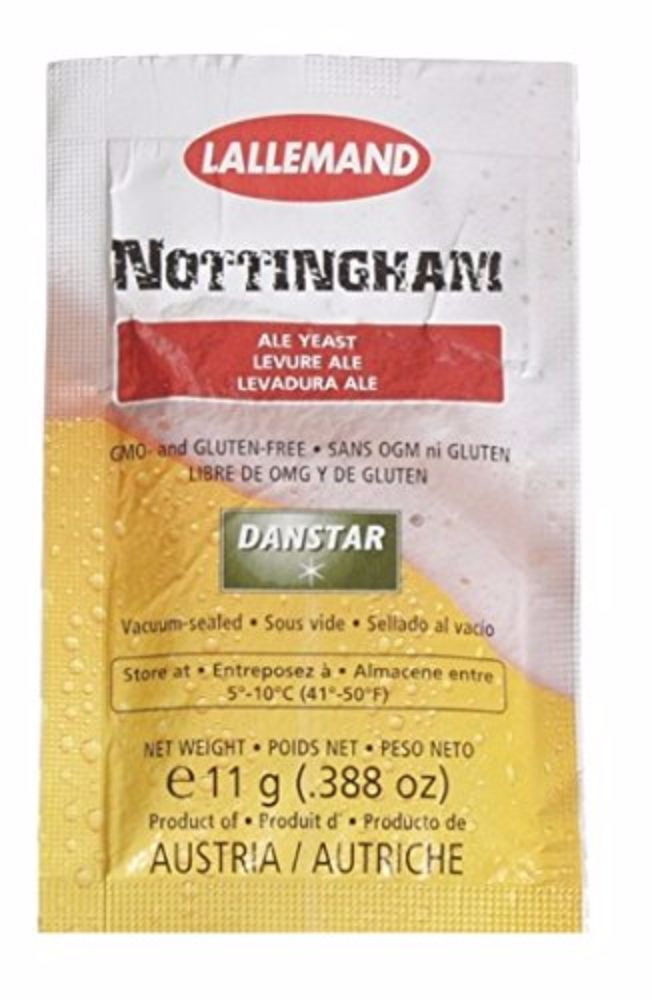

Fermented products, especially dairy and grain-derived products, are good sources of vitamins such as vitamin B 2, vitamin B 9, and vitamin K. During fermentation processes conducted by yeast, it is possible to obtain numerous organoleptic bioactive volatiles and non-volatile compounds, such as peptides, amino acids, vitamins, minerals, and polyphenols. The metabolic pathways of yeasts are well understood, particularly for species such as Saccharomyces cerevisiae and Saccharomyces boulardii, which are known to possess probiotic features with beneficial effects on human health and may be administrated to patients in the form of dietary supplements or functional food. cerevisiae-derived compounds such as β-glucan, glutathione, glutathione disulfide, ornithine, and spermidine.

Fermented foods can be carriers for probiotic microbes and also provide various bioactive compounds that possess prebiotic features and thus contribute to maintaining healthy intestinal microflora. Most fermented products have been found to have a positive influence on human health, especially on the skeletal system and internal organs, as well as on the cardiovascular and nervous systems. Recently, the potential positive effects of fermented products have been the subject of extensive study. Finally, yeasts have been applied in the fuel industry to produce sustainable energy sources from waste biomass, thanks to their ability to produce and high resistance to bioethanol. In the chemical industry, recombinant yeasts, especially Kluyveromyces pastoris, Saccharomyces cerevisiae, Blastobotrys adeninivorans, Ogataea polymorpha, Kluyveromyces lactis, Schizosaccharomyces pombe, Yarrowia lipolytica, Pseudozyma spp., and others, are used to produce enzymes on a large industrial scale. For instance, the pharmaceutical industry uses Saccharomyces cerevisiae strains to produce human insulin as well as different vaccines against viruses. Because of their negligible production of undesired secondary metabolites, they are well adapted for use as host organisms and can be applied in a wide range of large-scale biotechnological processes. Yeasts are also used in other industries as production organisms for various enzymes and other compounds.

Fermentation by-products can be used to impart the desired sensory profiles to the final products, contributing to creating specific textures, aromas, and tastes. Bakery products can be leavened with large amounts of carbon dioxide. Alcoholic beverages can be produced with high percentages of ethanol. Under anaerobic or oxygen-rich conditions, it is possible to obtain ethanol, carbon dioxide, and various organic compounds through fermentation, all of which have applications in food processing. The enzymatic activity of yeast now plays an essential role in the production of a wide range of fermented food products ( Figure 1). In the nineteenth century, the developing food industry designed a new generation of fermentation equipment, enabling large-scale fermentation and ensuring conformity to strict safety regulations. In the past, fermentation processes were considered mostly an effective preservation technique. Their fermentative abilities have been used by humans for thousands of years. Yeasts are unicellular fungi found commonly in the natural environment, which are also used in various industries. Next, we discussed the importance of VOCs for the food industry, their biosynthesis, and the most common volatiles in fermented foods and described the beneficial impact of decreased temperature as a factor that contributes to improving the composition of the sensory profiles of fermented foods. Here, we reviewed the genetic and physiological mechanisms by which yeasts adapt to low temperatures. It can reduce the addition of artificial flavors and enhancements to food products and influence other important factors of fermented food production. By doing this, it would be possible to obtain better sensory profiles of the final products. This is the reason for the great interest in the possibility of adapting these microorganisms to fermentation at reduced temperatures. They are able to produce and release from the fermentation environment large numbers of volatile organic compounds (VOCs). Yeast plays a key role in the production of fermented foods and beverages, such as bread, wine, and other alcoholic beverages.


 0 kommentar(er)
0 kommentar(er)
